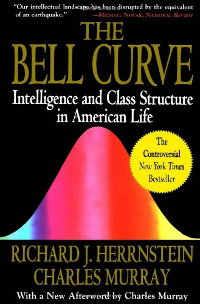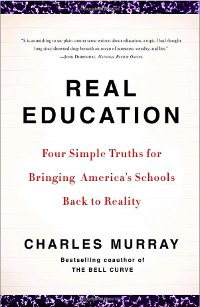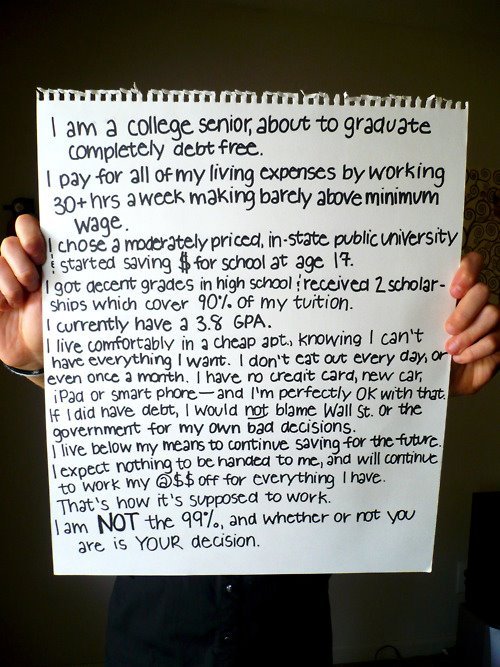I just read a blog post linked by Luke in the “Other Posts of Note” list over at the Sonlight Blog. The title of the blog post is Stop telling boys to go into STEM and it is just wrong on so many levels I do not even know where to start. First, the idea that there are too many STEM majors is questionable at best. Read this article and this article to start then google it for more articles and lots of research on both sides of this issue. The upshot, though, is that STEM majors make a lot more money whether or not they chose to work in a STEM field. In addition, the author inadvertently makes a very important point when she tells the following anecdote:
Lest you think I’m just being negative toward men, this is actually something a man told me. I had an English professor who was one of the best college teachers I’d had, I think in part because he was very knowledgeable in science. In fact, he’d received a degree in engineering from Stanford but then shuffled around for several years before finally getting a master’s degree in English. During one conversation, I asked him why he got a degree in engineering when he really loved literature.
It is arguable that a STEM degree is better preparation for non-STEM work than many non-STEM degrees. Our daughter Kelly took a similar path by earning a STEM degree (Statistics) all the time knowing she never wanted to work in a STEM job. She has gone on from that Statistics degree to further education in a non-STEM field–several schools offered her funded PhD’s in Marketing. She chose University of Washington. There is no way she would have been accepted into the program after her Bachelors degree following the normal trajectory which typically includes a non-STEM BS, some relevant work and an MBA in Marketing. That she gets the Math and can “do” big data got her in the door.
I guess the issue centers more on the fact that liberal arts degrees are not highly valued in the work place. There is absolutely more academic and intellectual rigor required to earn a STEM degree than a typical liberal arts degree. It has been argued that many hiring managers view many liberal arts degrees as similar to having no degree at all. See here. My argument is not that non-STEM work is not valuable, but that there are better ways to prepare for it than getting a non-STEM undergraduate degree. I think the answer is to change the non-STEM degrees so they ARE valuable by adding rigor including more Math, Statistics, and Computer programming. Maybe less people would enter those fields, but that is right in line with Charles Murray’s idea about too many people going to college anyway.
And don’t get me started on pushing people toward anything based on their gender. It is abjectly elitist and sexist to do that. So what if a person’s culture, value system or worldview pushes a woman toward a “feminine” field. It is THEIR culture, value system and worldview, not yours. Why is your idea about what they should do better than theirs? Additionally, the sexes ARE different from each other, even (if not especially) in the way their brains operate. Maybe men ARE inherently better at math (a religious discussion onto itself), but even if it is just a cultural construct, who is anyone else to say what is right for given individuals whatever their sex. Why do the self-appointed academic elites get to chose what is right and, therefore, what gets pushed when it is a decidedly unscientific “right or wrong”, personal choice kind of question.
It is a luxury to be able to do what one loves as anything other than an avocation if it does not put food on the table. If you do something you love and it does not pay the rent, someone else has to pick up the tab. If that someone is a spouse, an ancestor who gave you a big inheritance or some other benefactor, good for you. The sad part of all this is that it is off “we the people” who end up paying via ill-advised uses of our tax monies. If such a luxury is not immediately available, it is probably a pretty good idea to a get a job that pays well enough to eat, then work your way into the vocation you love. A STEM degree is not a bad way to do that. The probability that you will make enough money for following your dream is much higher if you start with a STEM degree whether you end up deciding to work in a STEM field after that or not.



 We are running out of “first day of school” picture opportunities. If all goes well, the kids will be off to graduate school in a couple of years, but we doubt whether we will be there to take the picture. We often talk about the concept of life-long learning, so maybe I am wrong. I hope so. Our departed friend, John Sterling often told us about a fellow, I think it was Beach Paddon who just kept going to college. My understanding is that he got a new Masters degree every now and then.
We are running out of “first day of school” picture opportunities. If all goes well, the kids will be off to graduate school in a couple of years, but we doubt whether we will be there to take the picture. We often talk about the concept of life-long learning, so maybe I am wrong. I hope so. Our departed friend, John Sterling often told us about a fellow, I think it was Beach Paddon who just kept going to college. My understanding is that he got a new Masters degree every now and then.
